I had a CT scan on Tuesday. I get copies of my scans as soon as they are done and I can recognize tumors in my liver. I have quite a few more than my last scan in September. Not surprised. We knew the treatments I've been getting haven't been working.
After chemo on Thursday, I got a bone scan. Yes, it's very obvious to me that I have an increased number of tumors in my lower back and in my ribs. It's not so easy for me to read the rest of the bone scan.
I had a brain and full spine MRI on Friday. I have increased pain in my spine (every vertebra has tumors) and I have constant headaches. I didn't pick up copies of the MRIs as it was too late for them to be burned and besides, I have no experience in looking at a brain MRI since this is my first one. No sense scaring myself to pieces.
And now I have to wait. My follow-up appointment is Wednesday. I imagine if something awful showed up that I would receive a call before then to keep me from driving. I hate the thought of losing my driving and if that is necessary, our entire family will have to make some serious changes. I not only drive my children around, I also drive my mother-in-law around.
The main purpose of these scans is to give us a baseline for the new treatment. Another purpose is to see if there is any tumor that could be targeted with radiation to reduce pain. I am now on narcotics at night, which do help quite a bit in the pain management department as it allows me to sleep well.
My hair has started to fall out. It's not quite like the photo ... that's from four years ago when I lost my hair the first time, but the fall is beginning. I'm hoping it sticks around for another couple of weeks. While I've always said that "it's only hair," I do like having it.
Scan, treat, wait, repeat. Sigh.
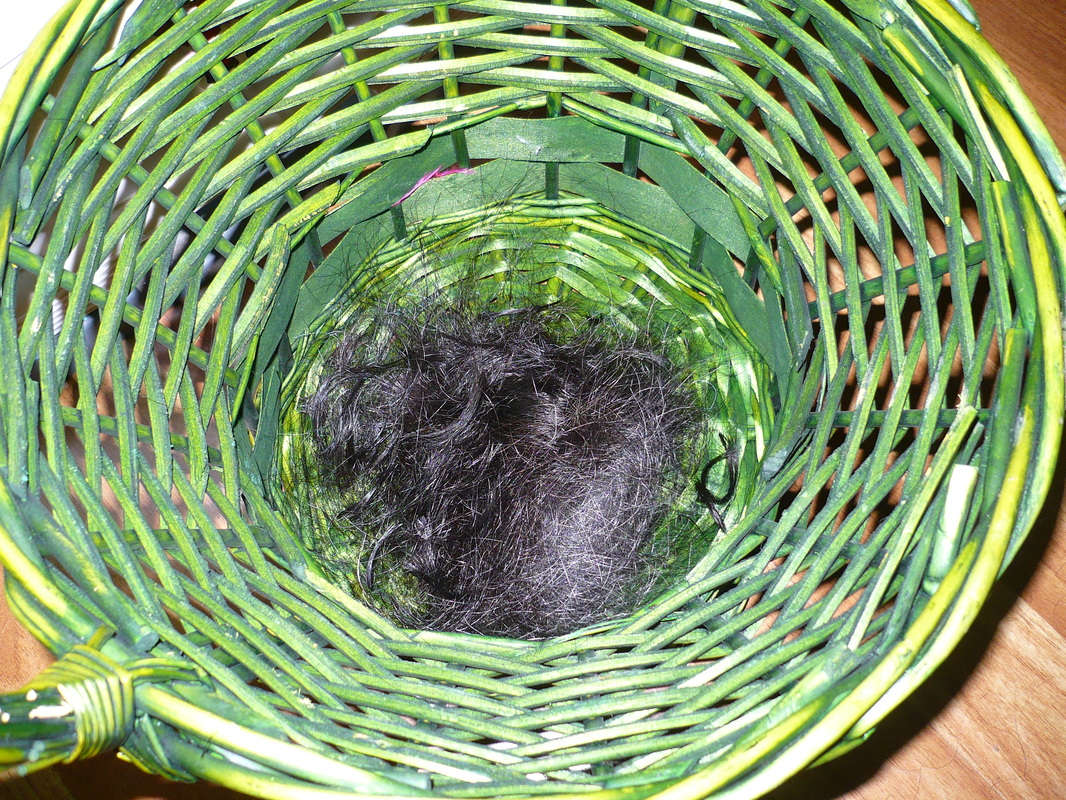
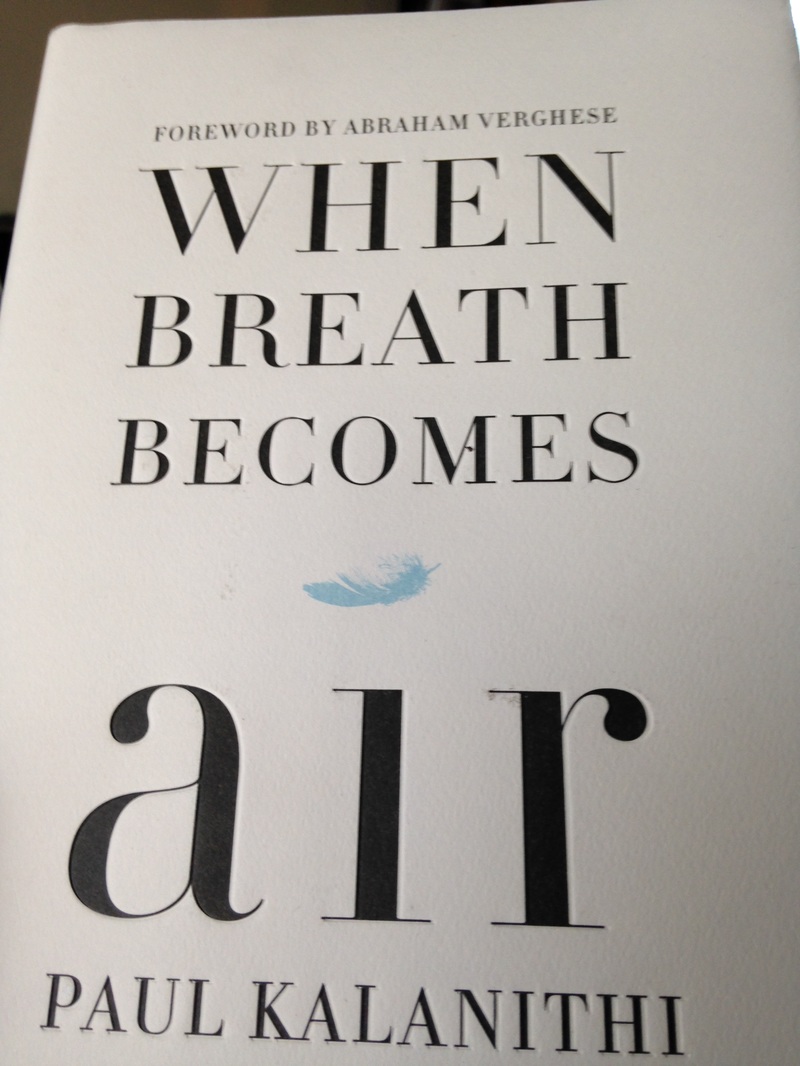
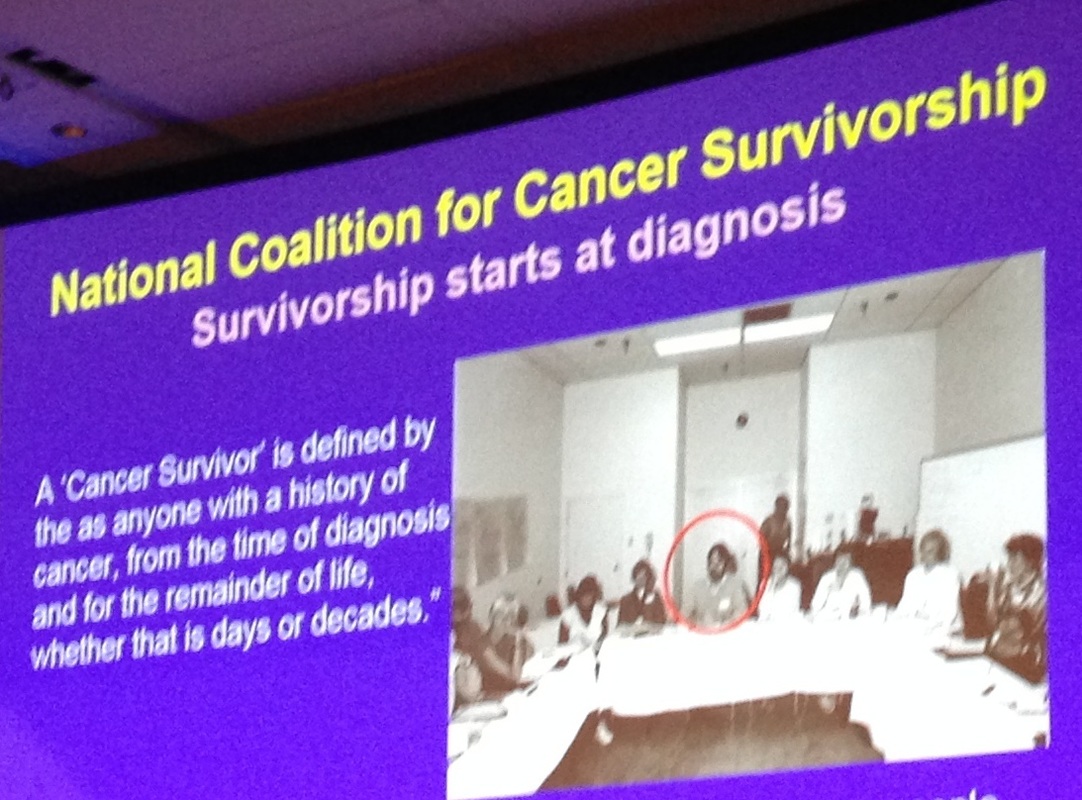
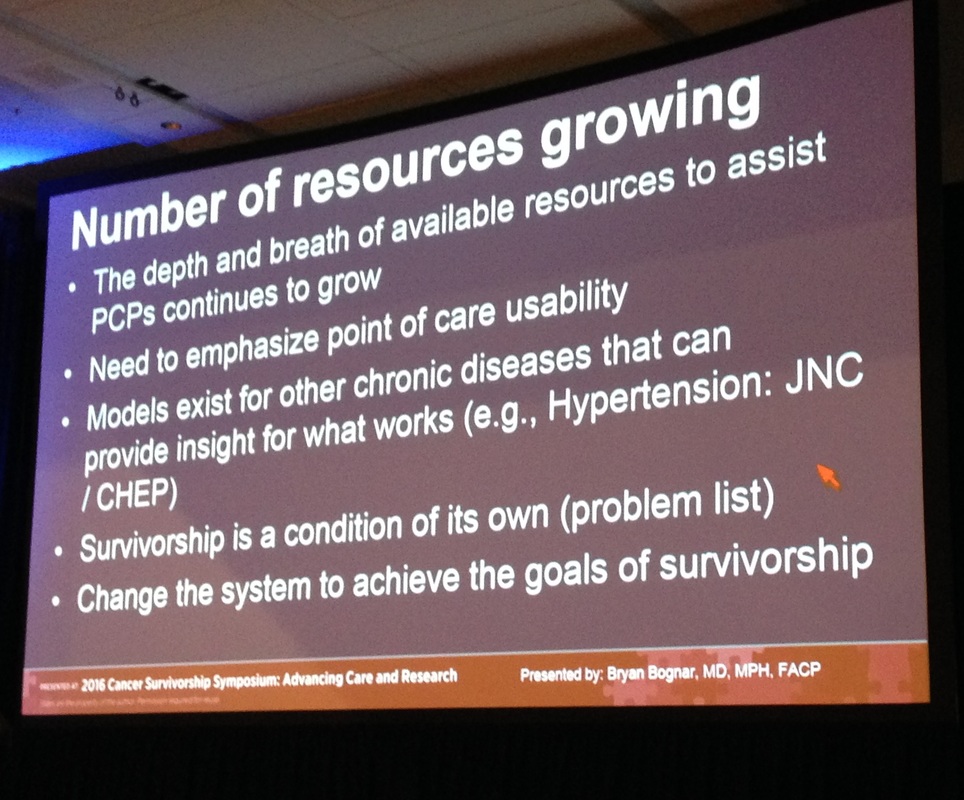
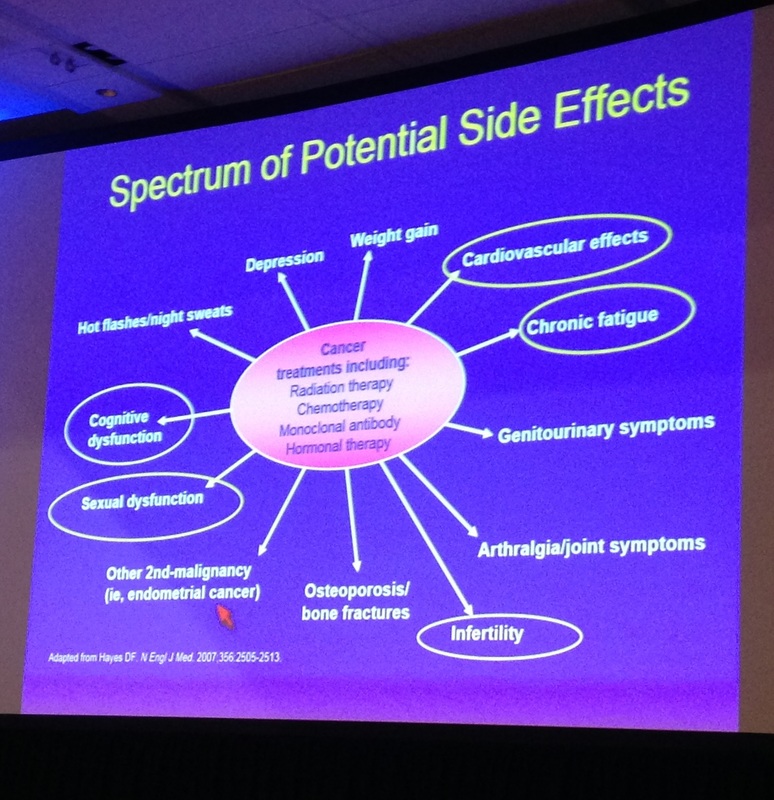
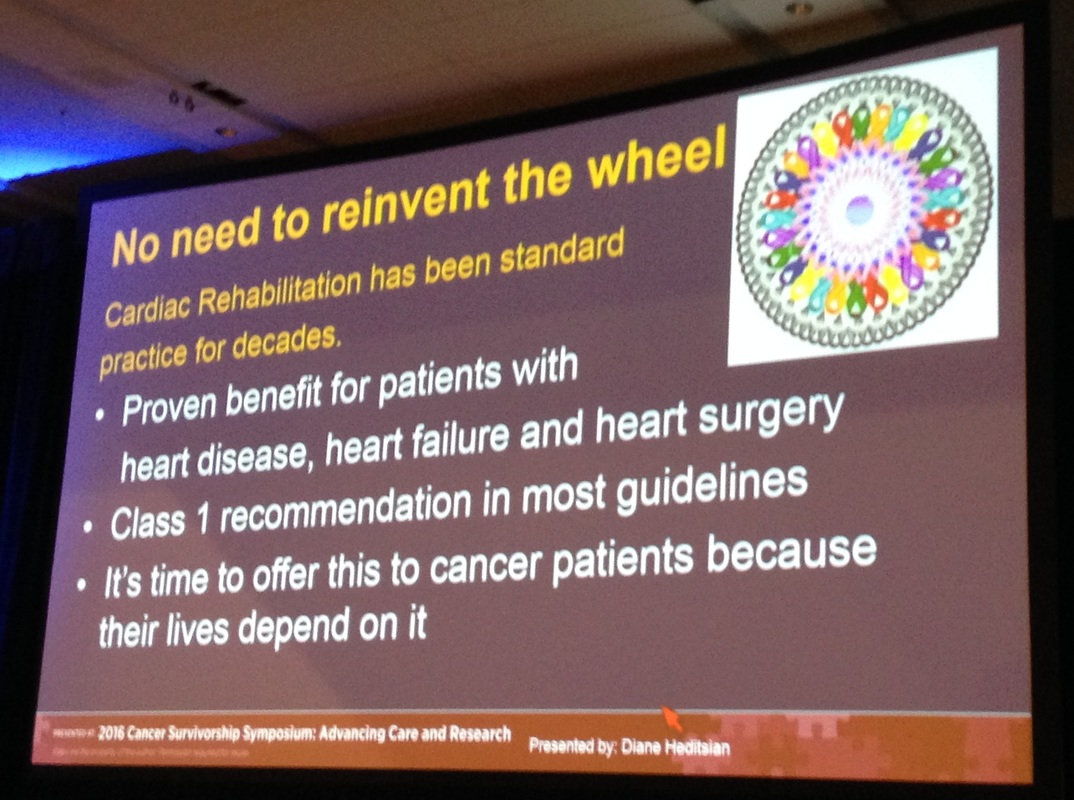
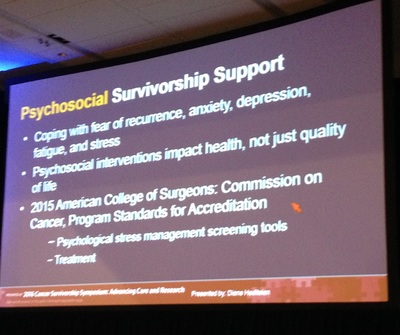
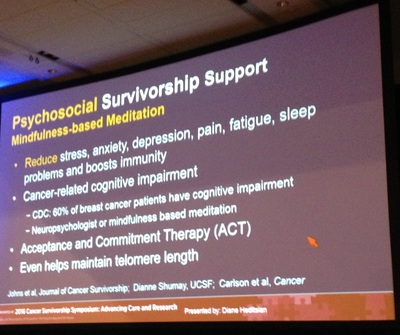
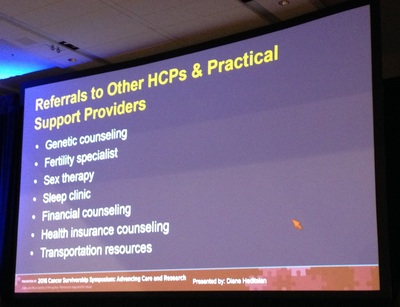
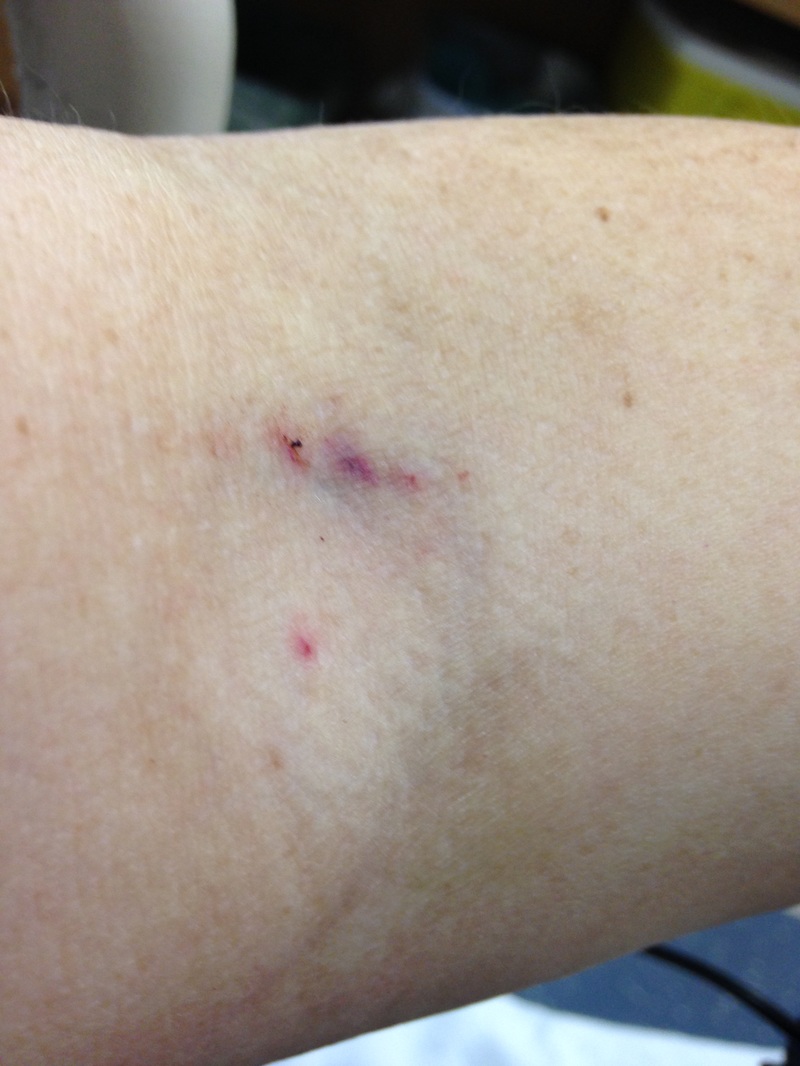
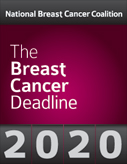
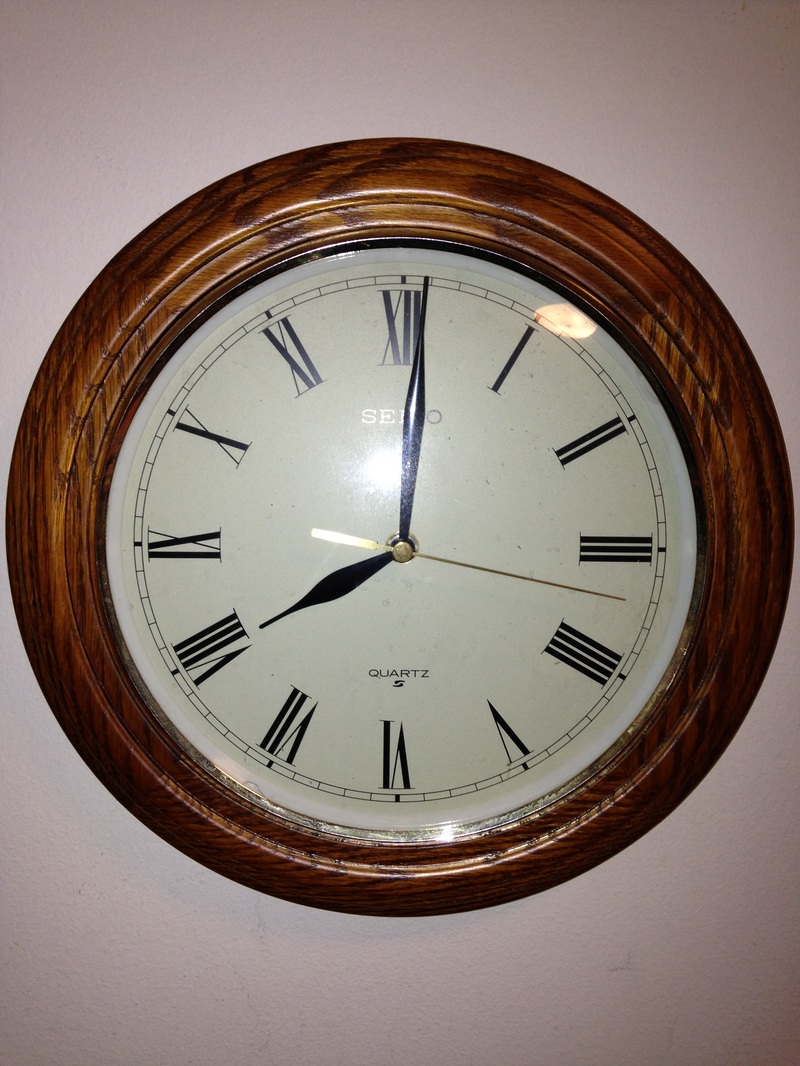
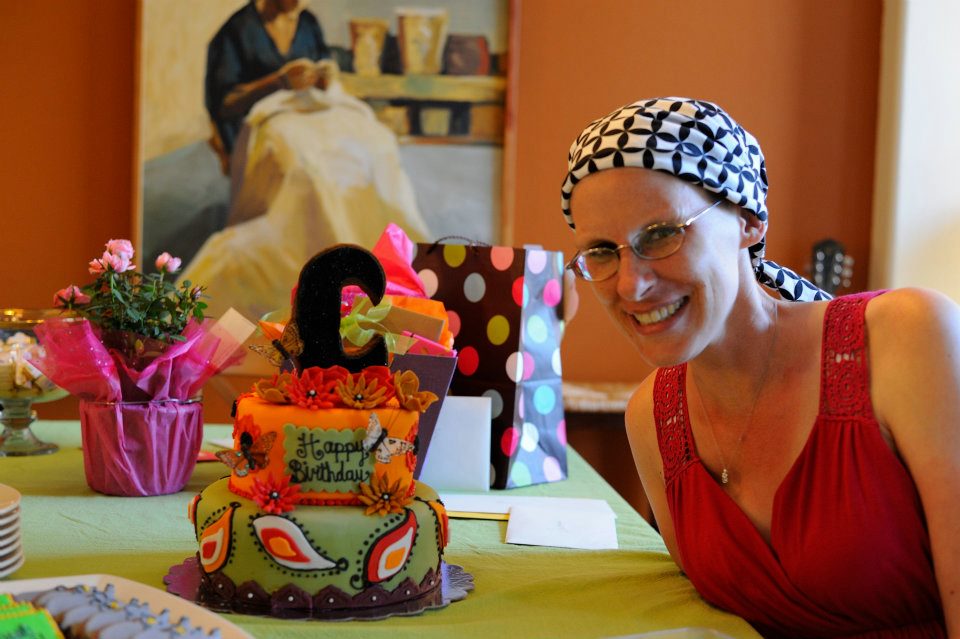
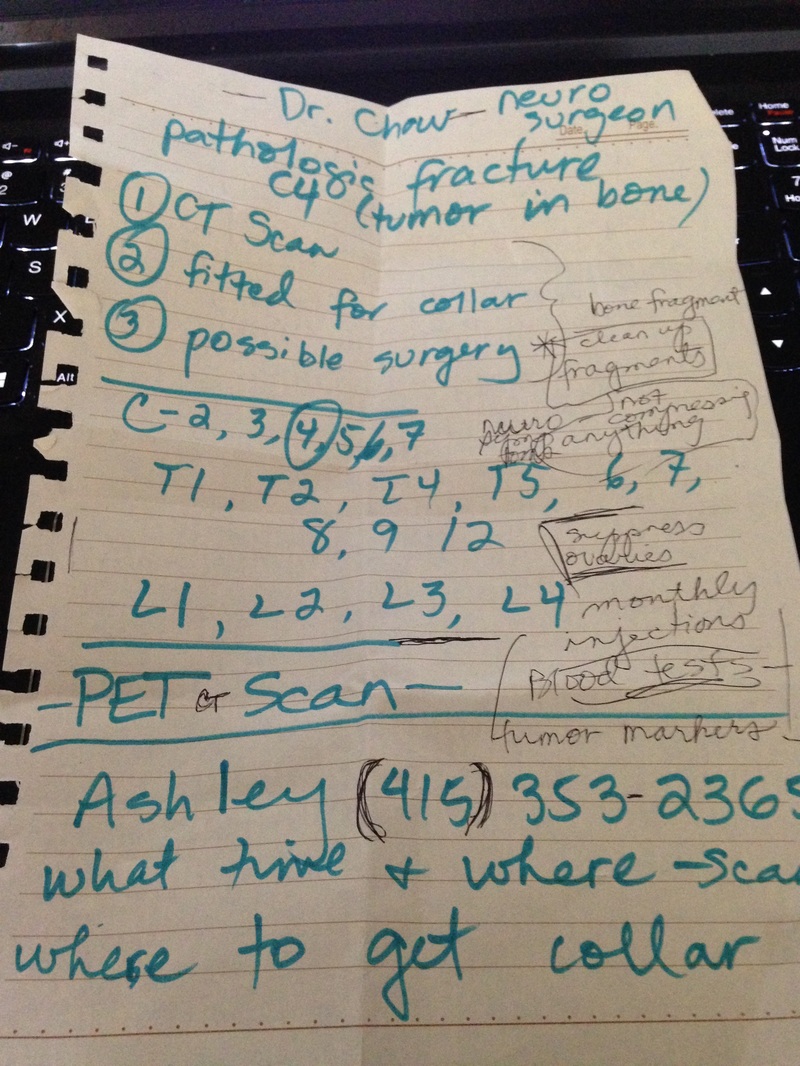
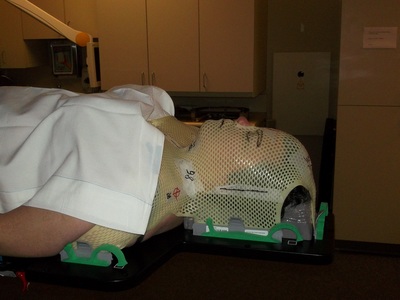
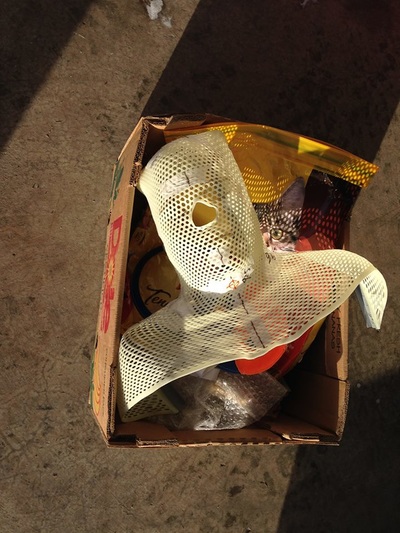
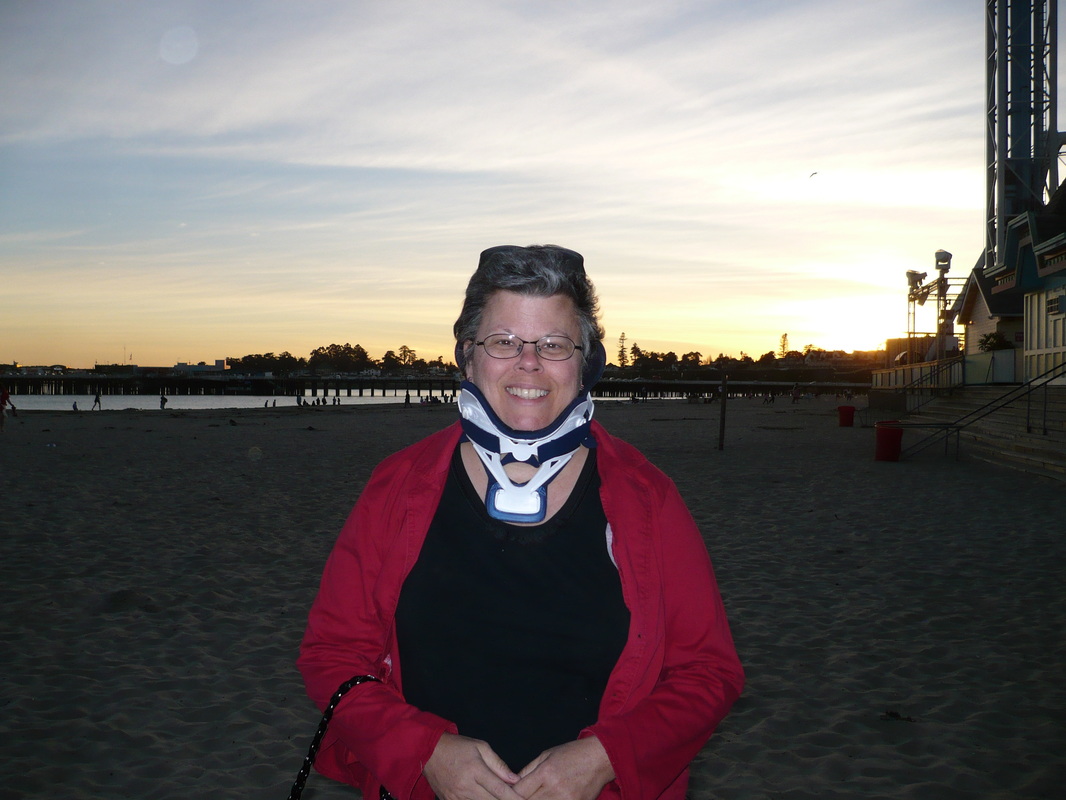
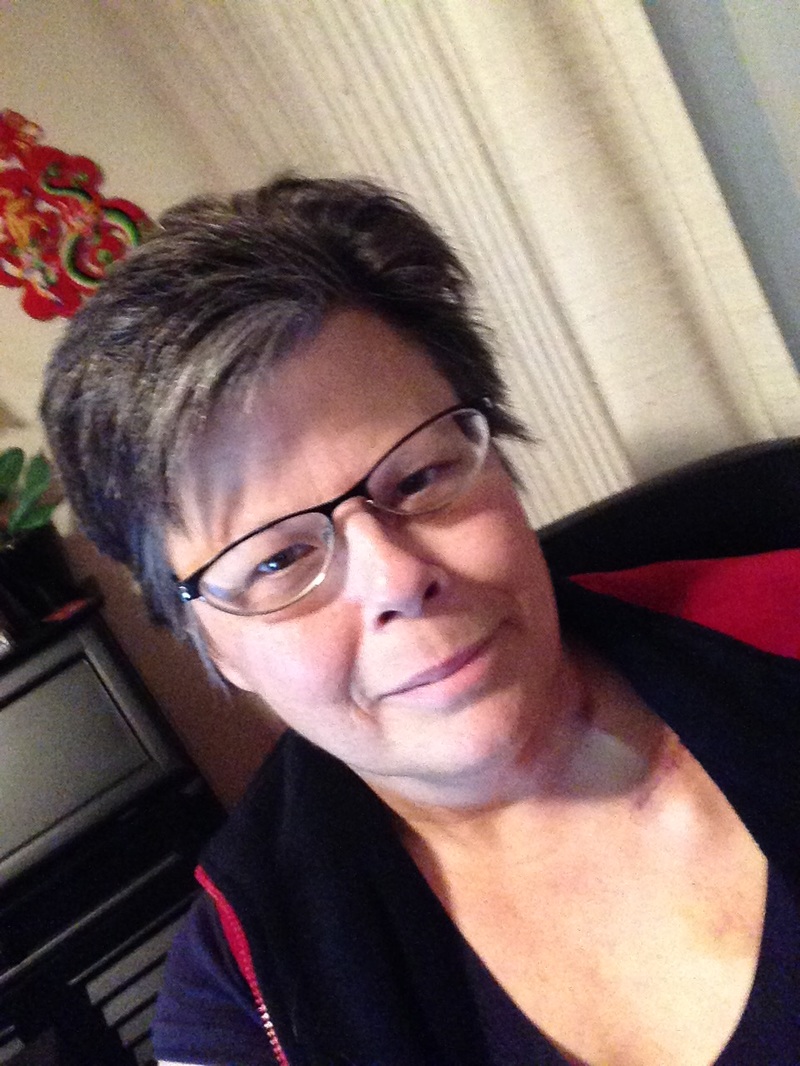
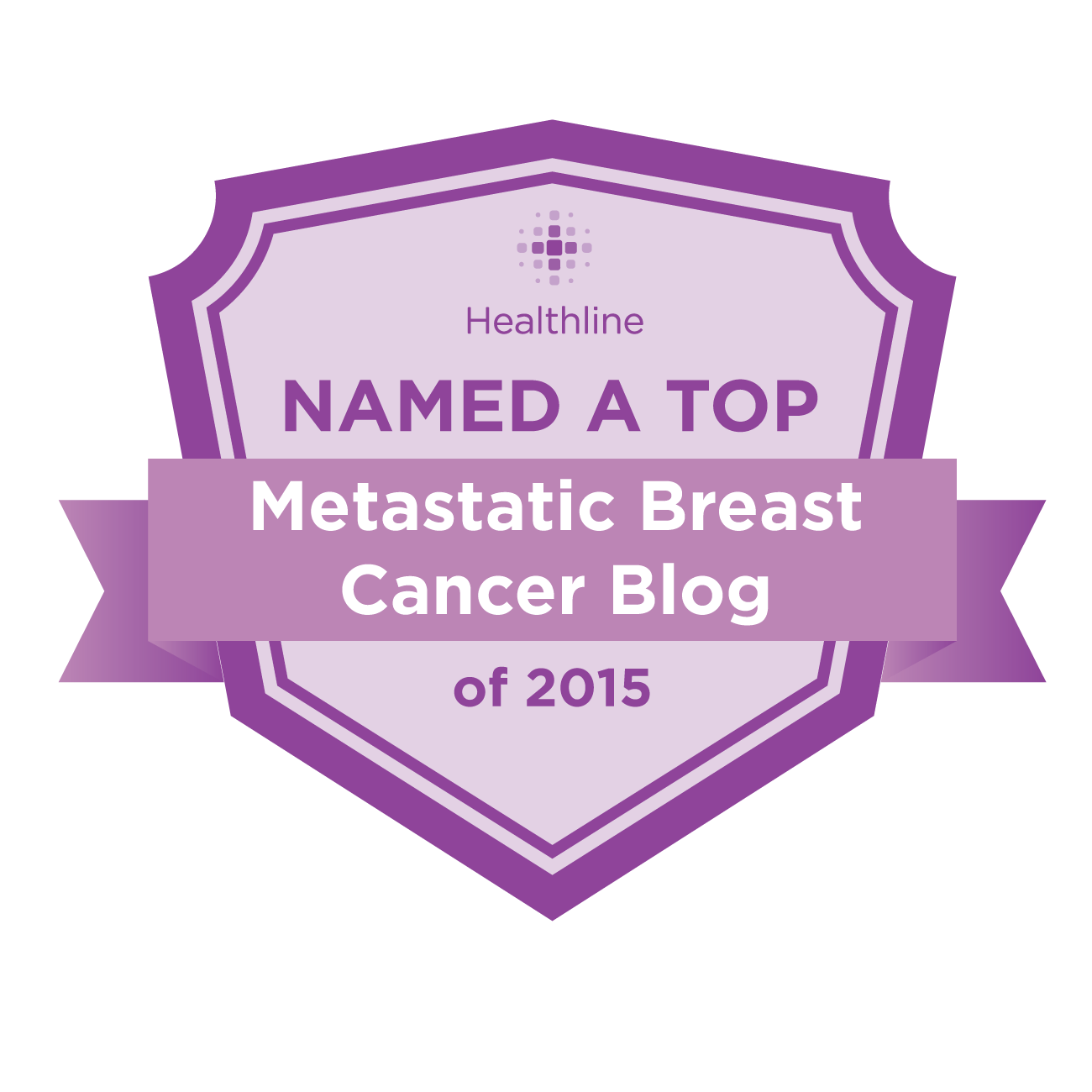
 RSS Feed
RSS Feed
